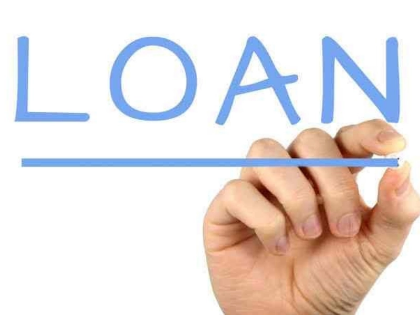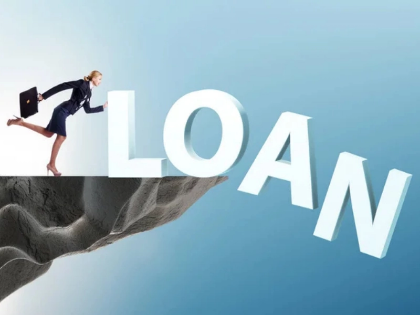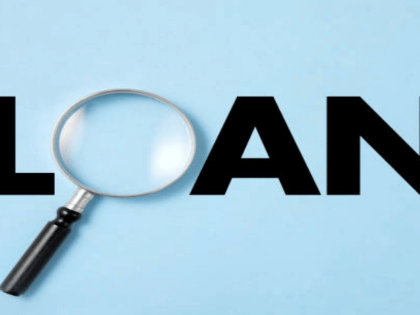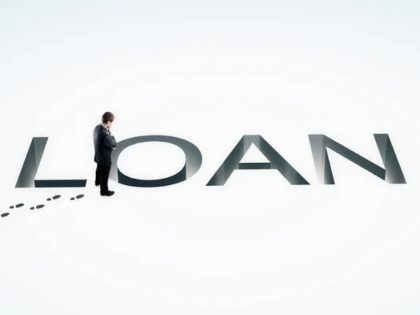The Value of Pre-Qualification for a Mortgage
Pre-qualification for a mortgage is a crucial stage in the home-buying process. It demonstrates to sellers that you are serious about purchasing a property and helps you focus your search on properties that fall within your price range.
Speak with a lender that provides excellent rates and customer care to get started. To locate one close to you, click the "get started" button.
Pre-qualification: What is it?
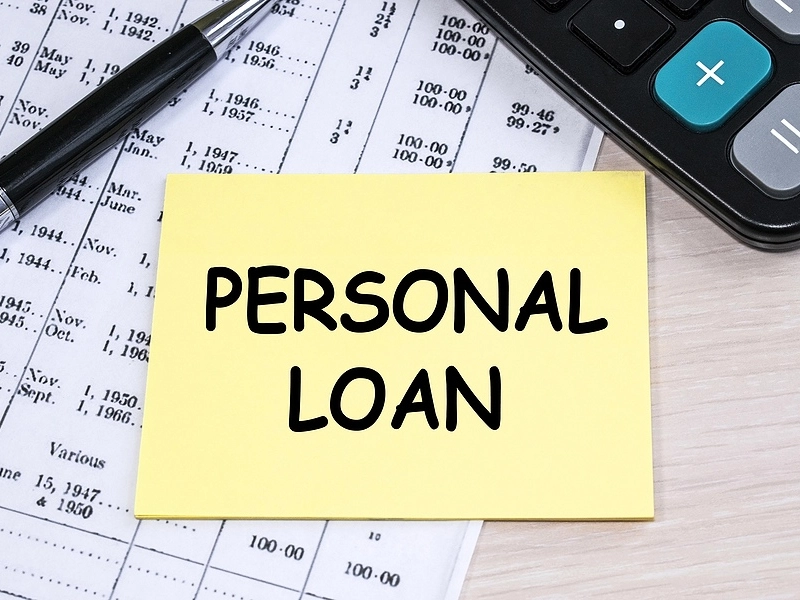
By obtaining pre-qualification, you can determine how much you can afford to buy a property. The procedure, which usually involves utilizing what's known as a "soft inquiry" of your credit report, can be performed online or over the phone with a lender.
To determine how much you can afford to borrow, lenders frequently evaluate the information you provide and the available mortgage loan options. Your present income, assets, and obligations are included in this information. However, it's crucial to keep in mind that a mortgage does not give you permission to spend more money than you can afford.
During the preapproval process, a lender could also conduct a more in-depth examination of your financial records. In order to approve you for a mortgage, this may entail examining your bank statements, checking your credit, and confirming your job. The lender will provide you with a preapproval letter upon approval, which you can show to a seller or real estate agent. When putting in an offer in a hot real estate market, having this paperwork will help you be a more competitive buyer.
How Do You Complete Pre-Qualification?

There are two different stages involved in getting pre-qualified for a mortgage, and they differ depending on the mortgage provider. To determine how much they can afford for a property, borrowers are typically required to submit basic information about their annual income and debts during the prequalification process.
Prequalification is frequently a rather informal process that can be conducted online, over the phone, or in person. While a credit check could be necessary, it's often a soft inquiry that has no effect on your credit ratings.
In contrast, a preapproval is usually a more formal procedure in which the lender verifies your financial information by looking through financial papers like pay stubs or tax returns and retrieving your credit report. Getting preapproved can take longer than getting prequalified, but after you've found the house of your dreams, it can help you move forward faster. Additionally, it shows sellers and real estate brokers that you are a serious buyer.
How Can You Purchase a Home With Pre-Qualification Help?

Getting pre-qualified for a mortgage is an excellent place for buyers to start. It guarantees that purchasers are looking at properties within their actual price range and assists them in being honest about their budget. Lenders usually don't need any financial documentation, and the process is informal and fast.
You can complete the process online, over the phone, or in person. A lender will provide you with an estimate of the amount you might be able to borrow for your new house based on the information you have self-reported. A credit report and financial paperwork are reviewed by the lender as part of the next, more formal phase, which is mortgage preapproval. Obtaining mortgage preapproval might help you get through the home purchasing process more quickly and increase your appeal to sellers. By lowering your debt-to-income ratio—which is determined by dividing your monthly debt payments by your gross monthly income—you may frequently bargain for a larger loan amount. Paying off credit card debt, auto loans, and college loans can help you do this.
In what ways does pre-qualification aid in home sales?

In order to determine how much they can afford to spend on a property, it is crucial for buyers to get pre-approved for a mortgage. They can also proceed through the mortgage process more swiftly, which may increase their appeal to sellers.
Pre-qualifying for a mortgage just takes a few minutes and is comparatively simple. It also doesn't affect your credit scores much because there isn't a credit check needed. It's crucial to keep in mind that a pre-qualification is merely an estimate and could vary when you compile the supporting materials to send in for approval.
Although obtaining a preapproval letter requires more work, it's a terrific way to demonstrate your sincerity as a buyer and stay within your budget. Supporting documents such as wage stubs, tax returns, bank statements, and picture IDs are required. The lender will give you an official loan estimate with the precise loan amount and interest rate when you're prepared to submit an offer.


